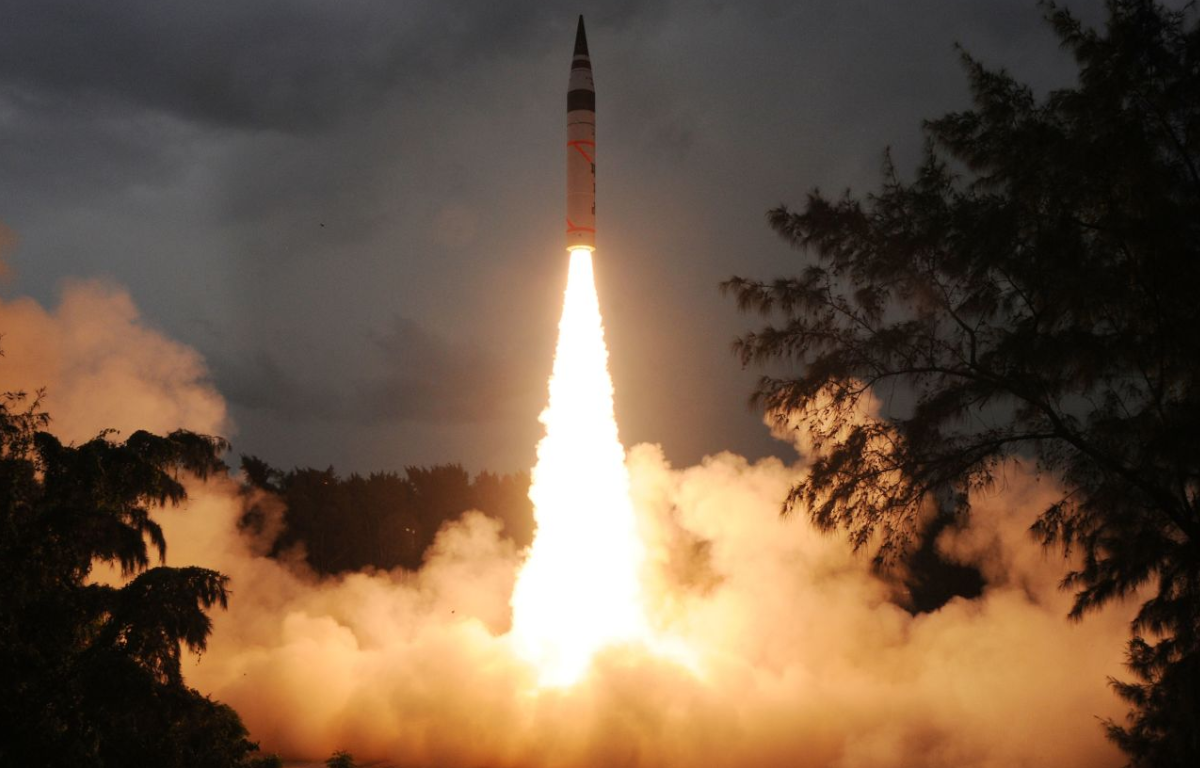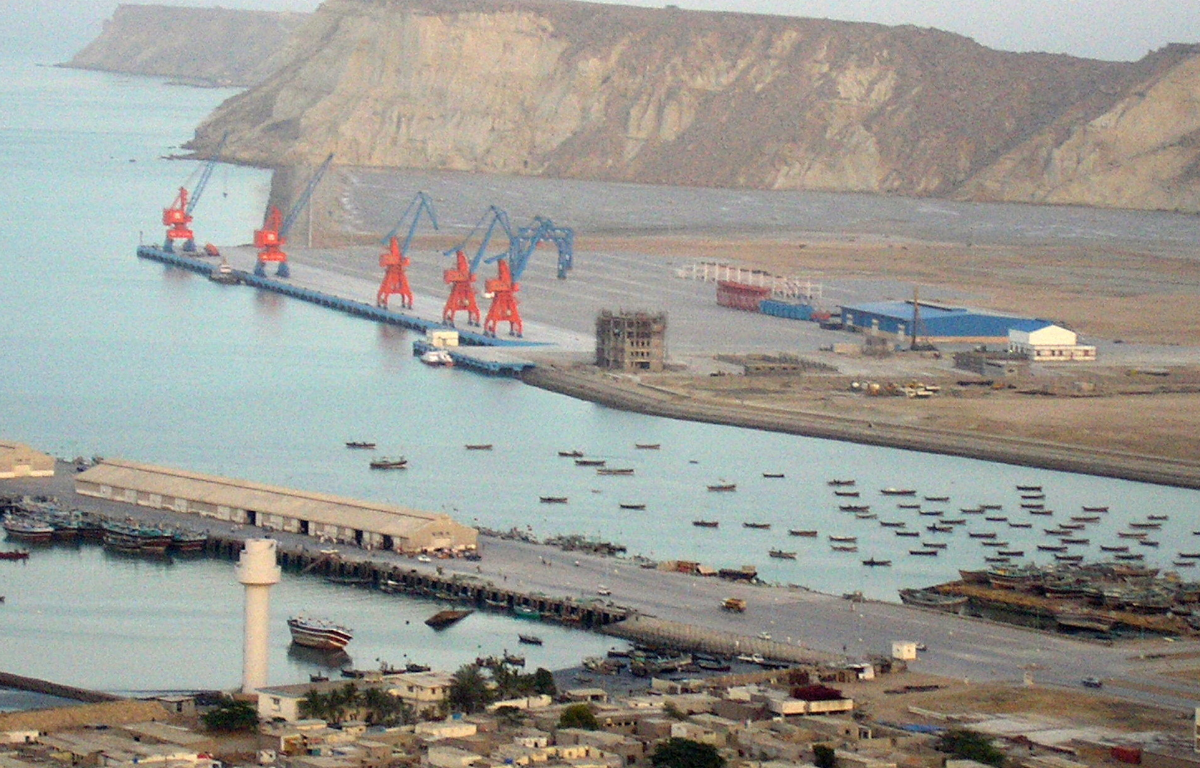
ASEAN was established on August 8, 1967, with the signing of the ASEAN Declaration (also known as the Bangkok Declaration) by Indonesia, Malaysia, the Philippines, Singapore, and Thailand. Brunei Darussalam joined in 1984, followed by Vietnam, Laos, Myanmar, and Cambodia. The organization’s primary objectives include enhancing regional political stability, fostering economic growth and integration, promoting social progress, and collaborating on cultural development.
Former Philippines President Ferdinand “Bongbong” Marcos Jr., a prominent figure in Philippine politics, has been an advocate for greater cooperation within ASEAN. He has expressed the view that a more competitive and integrated ASEAN is crucial for the region’s collective success. Marcos’ perspective aligns with the broader goal of strengthening ASEAN’s position in the global arena.
Marcos highlights the importance of economic competitiveness within ASEAN. He believes that by encouraging member states to enhance their economic capabilities, the region as a whole can achieve greater prosperity. This includes promoting investment, innovation, and entrepreneurship. Economic competitiveness not only attracts foreign investments but also helps member states better withstand global economic challenges.
ASEAN has made significant strides in regional integration through initiatives such as the ASEAN Economic Community (AEC). Marcos supports these integration efforts, recognizing that a more integrated ASEAN is better equipped to address shared challenges. Closer economic ties, harmonized regulations, and reduced trade barriers create a more attractive and competitive market for both businesses and consumers.
Beyond economics, Marcos emphasizes the importance of diplomatic cooperation within ASEAN. The region faces various geopolitical issues, including territorial disputes and regional security concerns. By maintaining a unified front and promoting peaceful dialogue, ASEAN can play a pivotal role in resolving these issues and ensuring stability in the Asia-Pacific region.
Marcos envisions ASEAN as a significant player on the global stage. He believes that by strengthening internal cooperation, the organization can enhance its influence in international affairs. ASEAN has already made strides in this regard by engaging in dialogues with major world powers, such as the United States, China, and the European Union.
The Philippines, under the leadership and vision of figures like Ferdinand “Bongbong” Marcos Jr., continues to champion ASEAN’s mission of becoming a “competitive, integrated” trade bloc. The organization’s journey toward greater economic competitiveness, regional integration, and diplomatic cooperation is crucial for its future success and the prosperity of its member states. As ASEAN evolves and faces new challenges, the commitment of its member states, including the Philippines, to these principles will be essential in shaping the region’s destiny.










Share this: